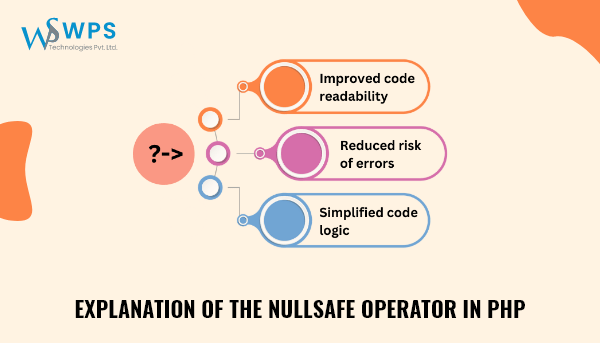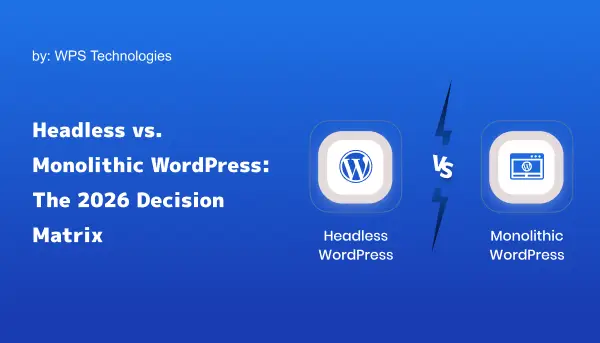
Understanding the Nullsafe Operator in PHP: How It Simplifies Code
Understanding the Nullsafe Operator in PHP: How It Simplifies Code
The nullsafe operator, introduced in PHP 8, helps developers handle potential null values more easily. It allows chaining methods and property access without writing repetitive null checks.
Before PHP 8: Fatal Errors from Null
In earlier PHP versions, calling a method or accessing a property on a null variable caused a fatal error. Developers had to manually check for null at each step.
How the Nullsafe Operator Works
The syntax uses a question mark before the arrow (?->) or double colon (?::) operators. For example:
$object?->getProperty()?->doSomething();
If $object is null, the expression returns null. The doSomething() method is skipped. If $object and getProperty() both return non-null values, then doSomething() executes.
Using Nullsafe with Static Methods
You can also use the nullsafe operator with static methods by writing:
MyClass::getInstance()?::doSomething();
If MyClass::getInstance() returns null, doSomething() won’t run. Otherwise, it executes as expected.
Benefits of the Nullsafe Operator
This operator simplifies PHP code by removing the need for multiple conditional checks. It improves readability and reduces the chance of runtime errors due to null references.


